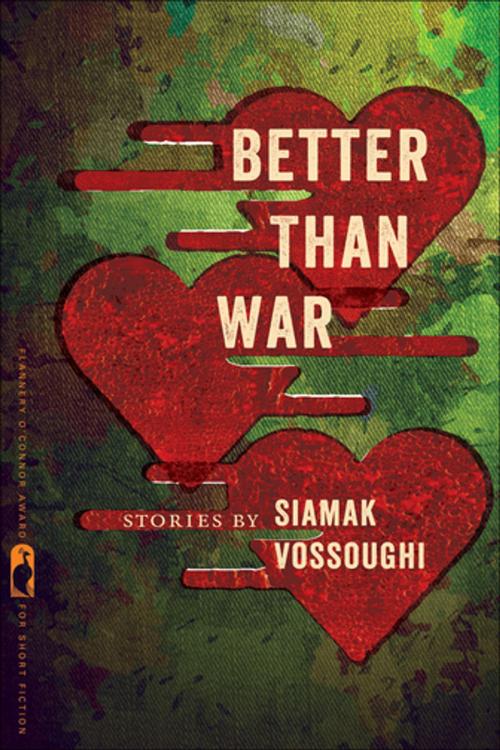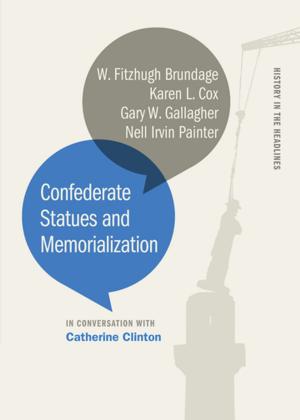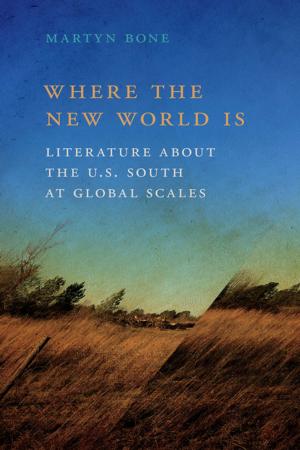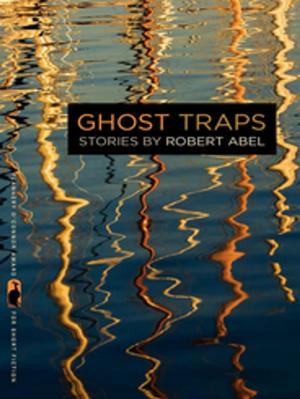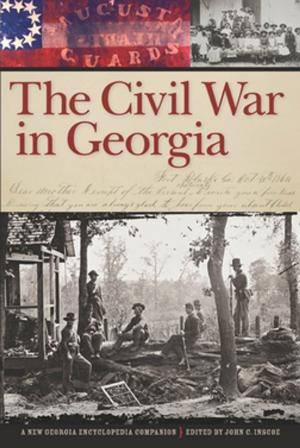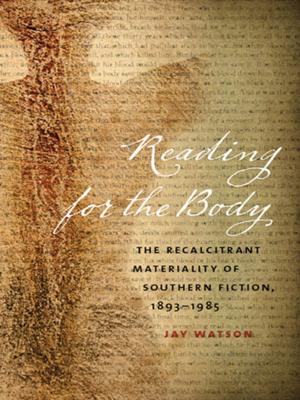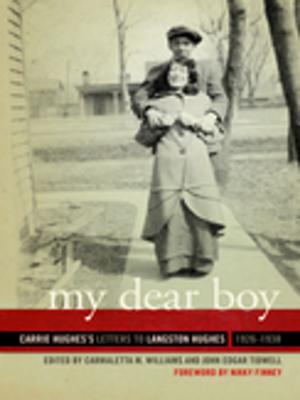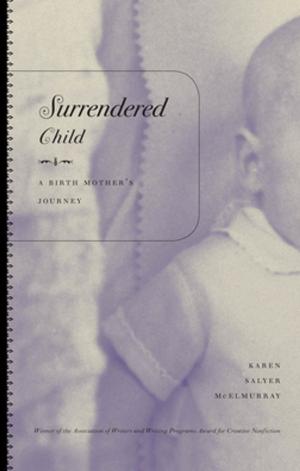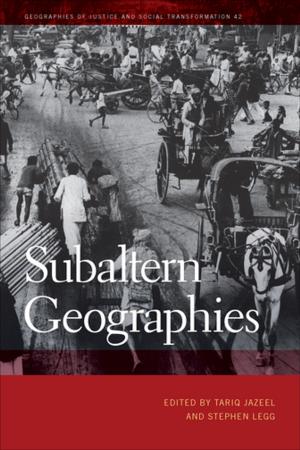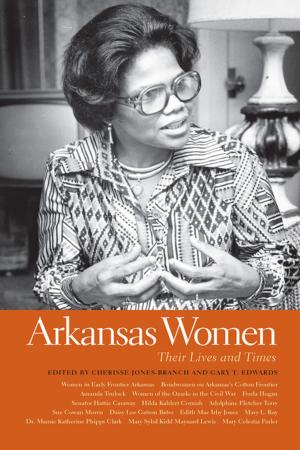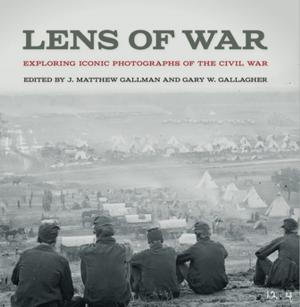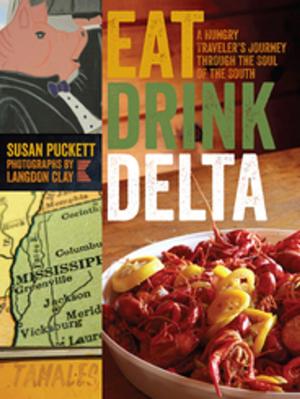| Author: | Siamak Vossoughi, Nancy Zafris | ISBN: | 9780820348520 |
| Publisher: | University of Georgia Press | Publication: | September 15, 2015 |
| Imprint: | University of Georgia Press | Language: | English |
| Author: | Siamak Vossoughi, Nancy Zafris |
| ISBN: | 9780820348520 |
| Publisher: | University of Georgia Press |
| Publication: | September 15, 2015 |
| Imprint: | University of Georgia Press |
| Language: | English |
The stories in Better Than War encompass narratives from a diverse set of Iranian immigrants, many searching for a balance between memories of their homeland and their new American culture. The everyday life of each character subtly reflects viewpoints that are simultaneously Iranian and American, of all ages and circumstances. These stories deal with family, friends, relationships, urban life, prison, school, and adolescence. They also contain powerful messages about what people want, need, and deserve as citizens and human beings. For instance, in the story “Better Than War” a young Iranian boy must overcome the fear of asking an American girl on a date. His friend tells him there is no shame in pouring your heart out to someone you like. The boy must realize that expressing emotion and sorrow is worth the embarrassment because it shows loved ones that you are better than hatred—and especially better than war.
All Iranian immigrants, young or old, carry with them a vivid past in their contemporary life. These histories help provide perspective, thankfulness, and virtue to their families and friends. Vossoughi’s Better Than War is about growing up, coming of age, and raising children in America while still remembering the importance of retaining Iranian pride.
The stories in Better Than War encompass narratives from a diverse set of Iranian immigrants, many searching for a balance between memories of their homeland and their new American culture. The everyday life of each character subtly reflects viewpoints that are simultaneously Iranian and American, of all ages and circumstances. These stories deal with family, friends, relationships, urban life, prison, school, and adolescence. They also contain powerful messages about what people want, need, and deserve as citizens and human beings. For instance, in the story “Better Than War” a young Iranian boy must overcome the fear of asking an American girl on a date. His friend tells him there is no shame in pouring your heart out to someone you like. The boy must realize that expressing emotion and sorrow is worth the embarrassment because it shows loved ones that you are better than hatred—and especially better than war.
All Iranian immigrants, young or old, carry with them a vivid past in their contemporary life. These histories help provide perspective, thankfulness, and virtue to their families and friends. Vossoughi’s Better Than War is about growing up, coming of age, and raising children in America while still remembering the importance of retaining Iranian pride.
